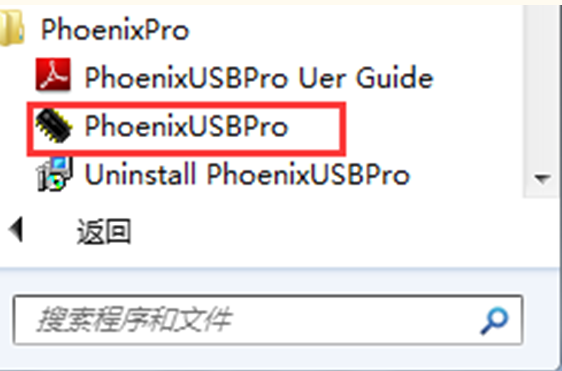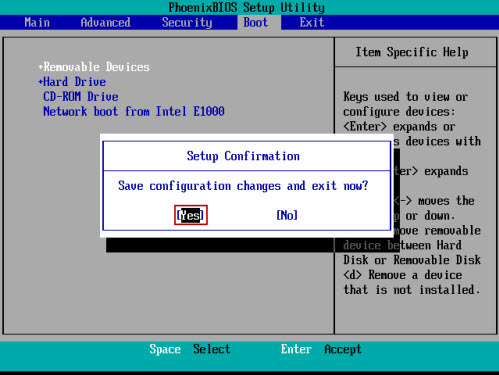

- PHOENIX USB PRO HOW TO USE PDF
- PHOENIX USB PRO HOW TO USE INSTALL
- PHOENIX USB PRO HOW TO USE PC
- PHOENIX USB PRO HOW TO USE WINDOWS 8
- PHOENIX USB PRO HOW TO USE ZIP
PHOENIX USB PRO HOW TO USE INSTALL
Download Phoenix laptop and netbook drivers or install DriverPack Solution for automatic driver update. Tar xvzf .gz bash n Where VERSION is the downloaded file version. To install the driver, extract and run the setup script via. Tested with LinuxMint 17.1 xfce 64bit, and LiveSuitV3.0.6 works perfectly to write img files to board via USB-OTG connection.Download Linux Driver. Simple edit that file ( sudo nano /etc/issue ), and add "Ubuntu" in the beginning of the line.Īfter that, I highly recommend to install in root mode, i.e "sudo. This is because distribution name for Linux Mint starts with "Linux Mint.blablabla" in /etc/issue file. "Linux distribution Linux does not supported!!!"
PHOENIX USB PRO HOW TO USE ZIP
The other way is by downloading as a zip file.įor the zip file, LiveSuit v3.0.6 or below, if you try to install under Linux Mint 17.1, when you run n file, you get such error: One is above way by getting from sunxi repository. Linux distribution Linux does not supported issue:
PHOENIX USB PRO HOW TO USE PDF
This zip archive contains a pdf explaining procedure (in English and Chinese) and another zip for the software itself. If Windows ask you to install driver, select the driver in the LiveSuit program UsbDriver folder.
PHOENIX USB PRO HOW TO USE PC
Connect your devices to PC with a USB cable. To flash A10 devices with LiveSuit, first you need to let the device go to FEL mode.Įxecute LiveSuit.exe and click SelectImg button to select the LiveSuit images you have.
PHOENIX USB PRO HOW TO USE WINDOWS 8
There are similar reports from Windows 8 users. It fails to run on windows XP, and shows the following error message in a dialog: Please note that this version of livesuit only seems to work on Windows 7. Likely you can overcome this issue unloading the awusb module PANIC : dev_manager_close_raw_dev() : can not close raw dev PANIC : GetCurrentStage() : run verify dev cmd ,fail PANIC : dev_manager_open_raw_dev() : can not open raw dev Then you are most likely using an older version of the kernel module with a newer LiveSuit binary.

"Failed to flash firmware: Get Device Stage Failed!"įailed to flash firmware: Get Device Stage Failed!įex_transmit_receive Error. Try deactivating xhci_hcd (it needs to be blacklisted if it is in the kernel, as on Ubuntu 14.04), or, easier if available, deactivate USB 3.0 in your BIOS. If you try to flash a USB 2.0 Device (such as Cubietruck) from a recent Ubuntu on an USB 3.0 Port, Chances are your device is not flashed as it is recognized by both xhci_hcd and ehci_hcd kernel modules. LiveSuit should now detect your device and start flashing. Then, put your device into FEL mode, and attach the USB OTG cable. Start LiveSuit, if you haven't already done so, and select an image for flashing. You need to first start the LiveSuit application.įirst, properly power down the device by either pressing and holding the power button for about 10 seconds, or by cutting all power in case of development board. Warning: If you attach your FEL enabled device before you start LiveSuit, then LiveSuit will not detect it. This will detect whether your system is x86 or x86-64 and will run the appropriate binaries. Udevadm control -reload-rules Running LiveSuit Where "yuorgrupid" have to be substituted by the group id of your user. Now, as root, install the module in your module tree, and load it:Ĭp awusb.ko /lib/modules/`uname -r`/extra/ Yum install dkms libusbx nas-libs kernel-devel Now reload udev rules to make the change activeīefore you can build this module, you first could need to install dkms and libusbx (maybe you need also nas-libs) Now install the module in your module tree, and load it:Ĭp awusb.ko /lib/modules/`uname -r`/kernel/Īdd the following les file to /etc/udev/rules.d, to be able to access the device as a normal user: Sudo ln -s /usr/src/linux-headers-3.6-trunk-rpi/ /lib/modules/4.4.50+/build If you are getting error that /lib/modules/4.4.50+/build is missing try adding symlink to the /usr/src/linux-headers-XXX, for example: Now descend into the awusb directory and run


 0 kommentar(er)
0 kommentar(er)
